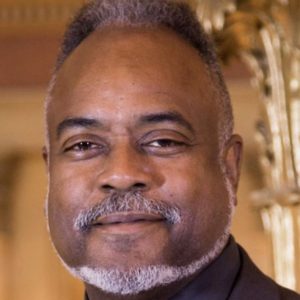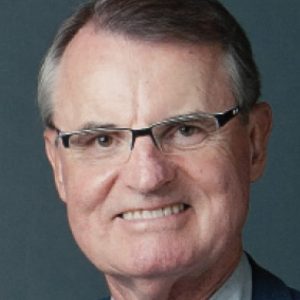Our History

Rick Heydinger

John Harrington

Bill Sands

Bill Svrluga
In 2009, community leaders John Harrington, Rick Heydinger, Bill Sands and Bill Svrluga led an effort with area nonprofits and partnerships to create Ujamaa Place as a response to a growing crisis. With the systemic, cultural, and political underutilization of African American males, particularly in the area of education, employment training and workforce development, a significant number of these young men were living at the lowest end of the socio-economic spectrum.
Working collectively since opening its doors in 2010, Ujamaa has served primarily African American men aged 18-30 from the Twin Cities’ seven-county metropolitan area. The individuals enroll at no cost in Ujamaa Place’s Theory of Transformation™, providing them with over 37 transformation support services to build positive lives for themselves and to move into contributing roles in society.
Elements of the Theory of Transformation™ that indicate a measurable return on investment include housing status, educational attainment (including post-secondary pursuits), job placement above minimum wage (living wage), child support compliance, and reduced recidivism and/or criminal activity.
Many of the navigational resources and tools utilized under the Theory of Transformation™ are critical in disrupting systemic poverty to the most marginalized population in society. Through partnerships with philanthropy, corporations, healthcare providers, policymakers, law enforcement, clergy and the community, Ujamaa Place has created a sustainable transformation ecosystem with a mission to eliminate repeated chronic bouts of homelessness, unemployment, trauma-related illnesses within the family that triggers a negative effect on youth, many of which result in criminal justice system involvement.
